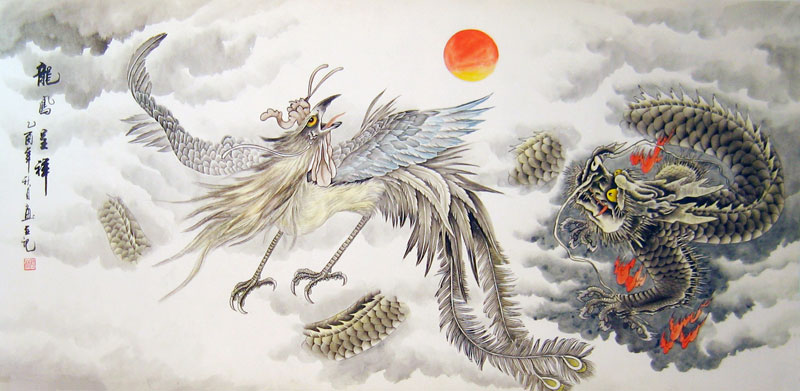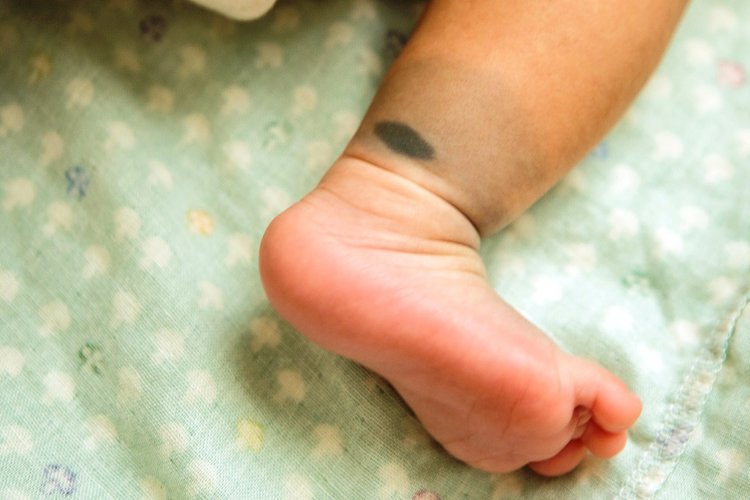What Does it All Mean? Dream Interpretation in China
When I was a kid, there were mornings when I'd wake up and was eager to tell my mom about the dreams I’d had. But she would say, “Don’t tell me about your dreams until you brush your teeth, otherwise the bad dreams will come true, and the good dreams won’t.” I always believed this was an important rule as a kid until I grew to realize it was probably just a trick that my mom played on me to get me up and about in the morning.
I’m still not sure if what she told me was a common superstition about dreams, or whether my mom made it up. What is certain though is that interpreting the symbolic meaning of dreams is an ancient tradition in China, much as it is elsewhere around the world, albeit with different interpretations.
Zhougong (the Duke of Zhou) is a semi-legendary figure who lived around 3,000 years ago and is credited with founding much of what we know as Chinese culture. Among the works attributed to him is a book called Zhougong’s Dream Dictionary (《周公解梦》 zhōugong jiě mèng), which provides interpretations of dreams, and takes a particular interest in unusual and weird ones. The book has been passed down through generations, and is still popular and widely read nowadays.
In this book, dreams are categorized and decoded based on the subject of the dream. Many of the interpretations don’t make much sense or have much of a connection to reality. We provide some here, for entertainment purposes only:
- Dreaming of a snake biting you is a sign that you will get a lot of money;
- Dreaming of someone dying means the person you dreamed of will live a long and healthy life;
- Dreaming of the sun or moon rising means your family will be prosperous;
- Dreaming of bamboo trees growing in your front yard means you will soon receive good news;
- Dreaming of walking with your wife means you will soon be buying a property;
- Dreaming of visiting a temple means that you will experience good fortune;
- Dreaming of seeing a dead person coming back to life means you will soon earn a lot of money;
- Dreaming of someone blowing a flute or hitting a drum means there will be a celebration party soon;
- Dreaming of someone killing a chicken, goose, duck, or pig is a sign of good fortune;
- Dreaming of a dragon, phoenix, or peacock implies good fortune.
You can see, as with the last interpretation specifically, why some of these make sense given that Chinese people have always treated the dragon and the phoenix as tokens of wealth and eternity. But not all dreams are good omens, according to the book. Below are some examples:
- Dreaming of your wife being pregnant means she will commit or is committing adultery;
- Dreaming of picking up money means your late ancestors are short of cash and want you to burn more paper money for them.
Though dream interpretations are largely a matter of superstition, some do believe that the objects or scenes that feature in dreams have a close relationship with the dreamer’s health or mental state. In that case, maybe Zhougong was onto something after all.
READ: Birthmarks, the Chinese Take: A Kiss From an Angel or a Mark of the Devil?
Image: paintingschinese.com







